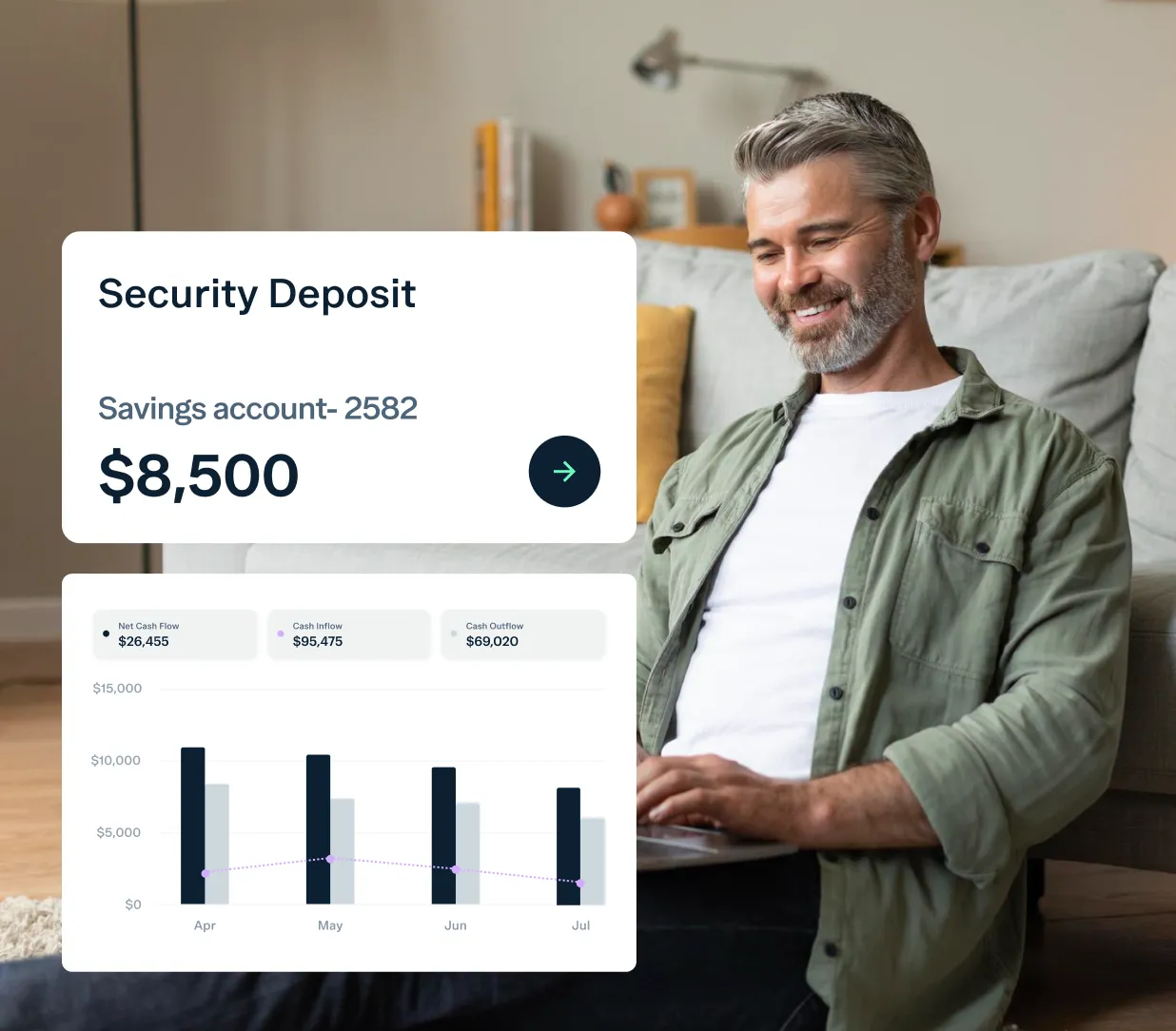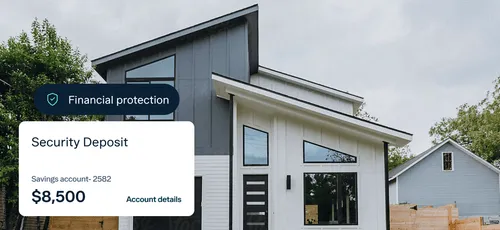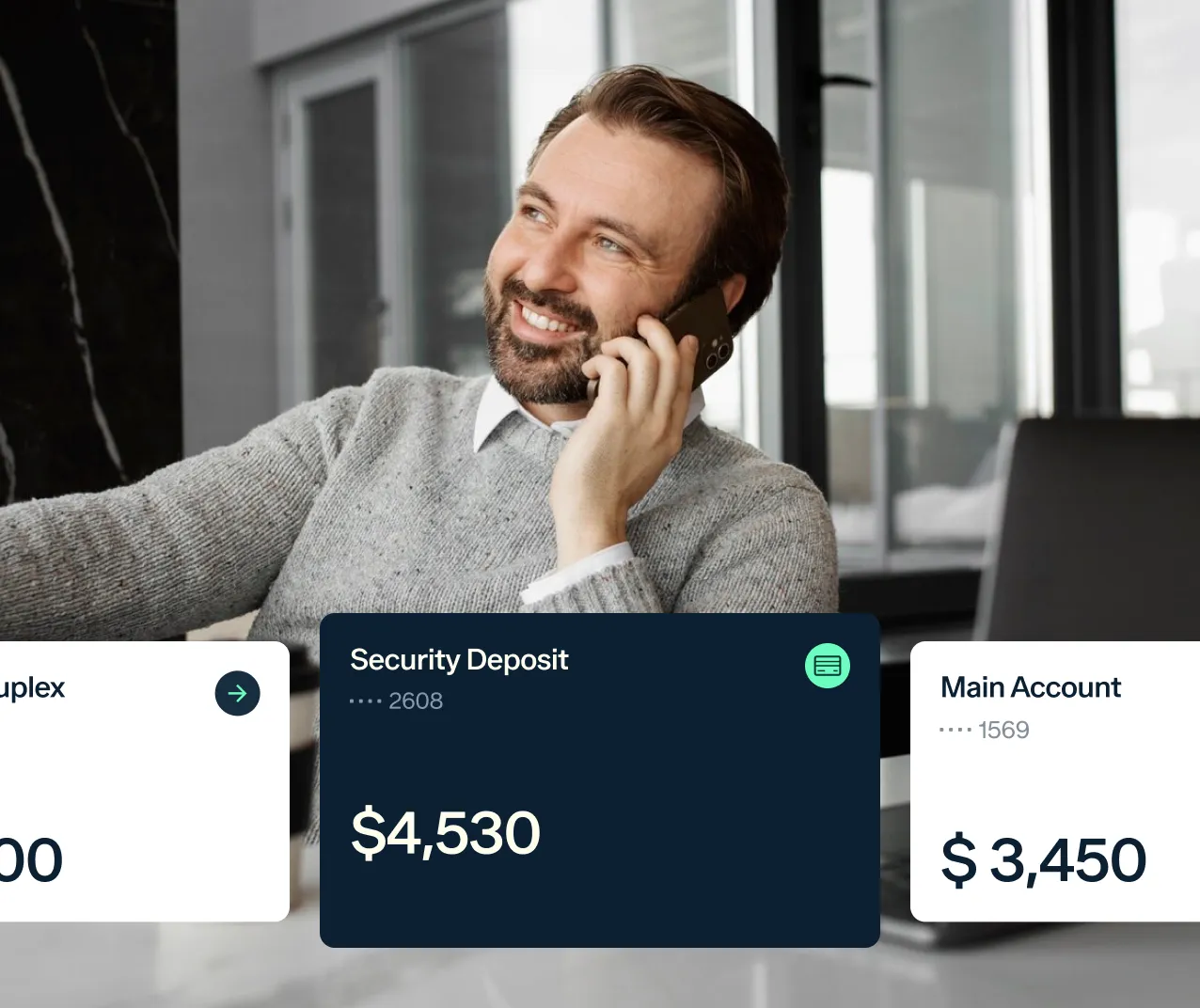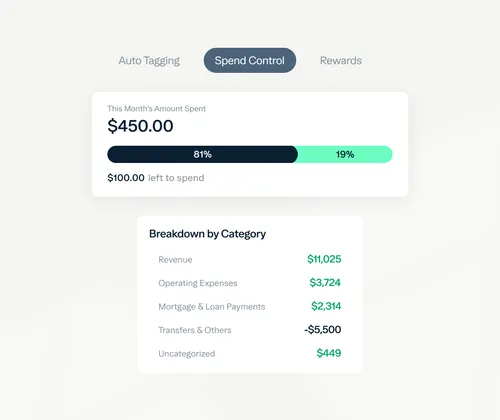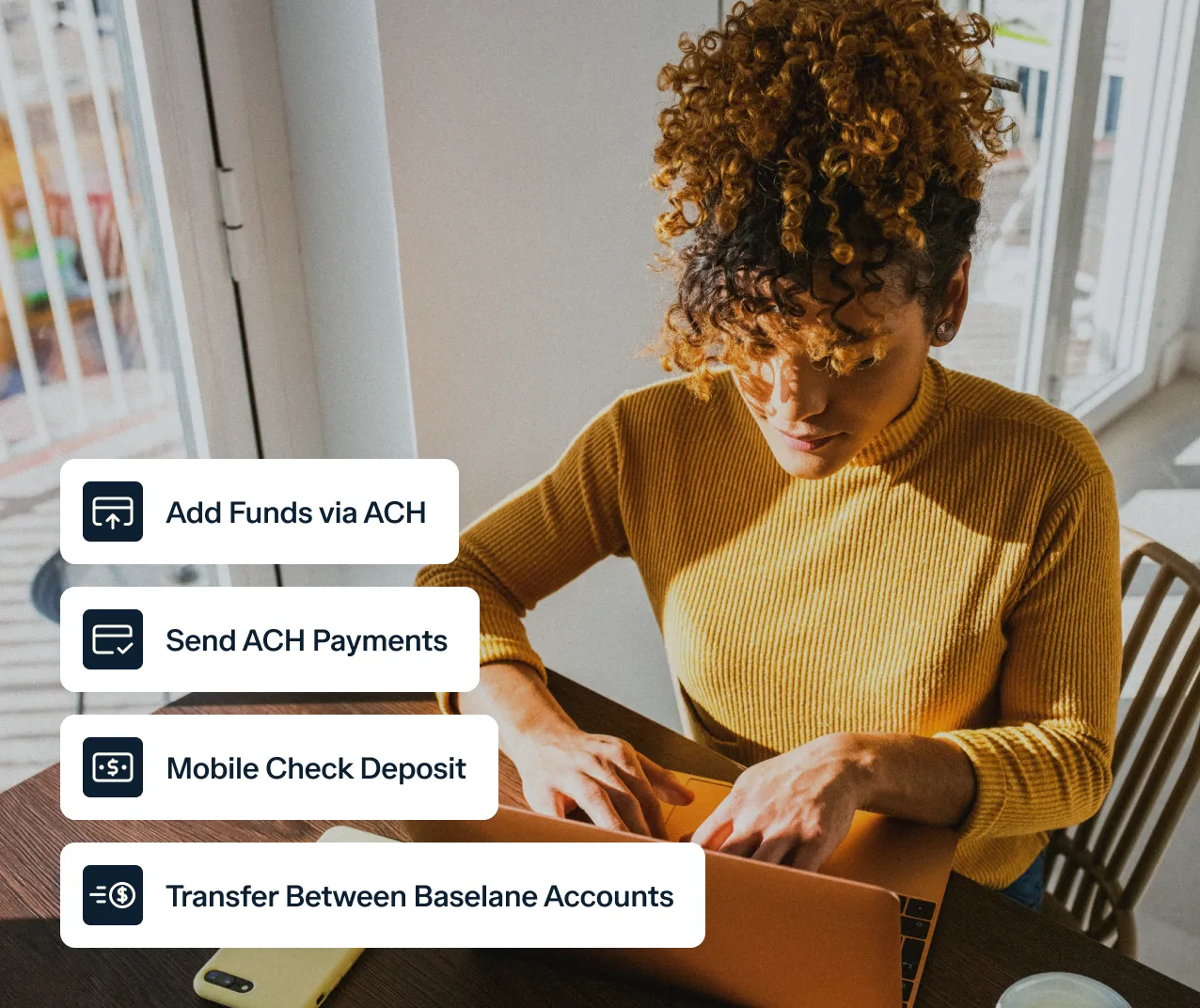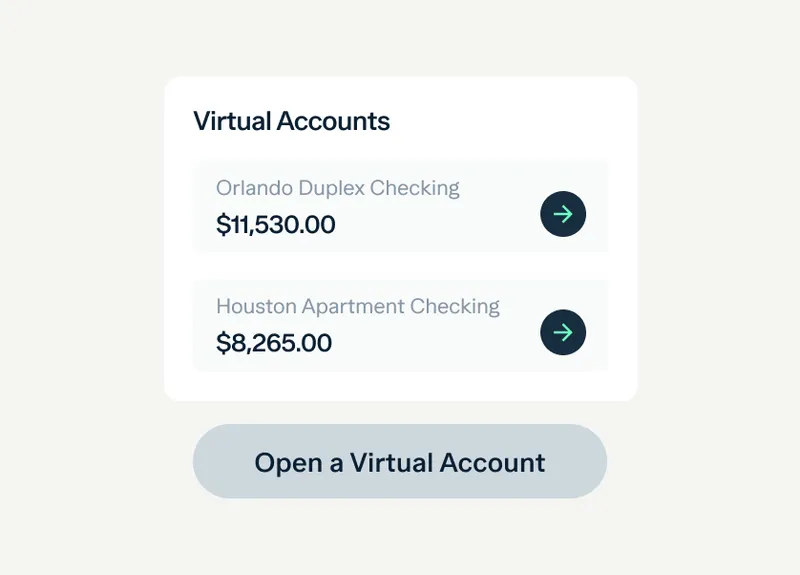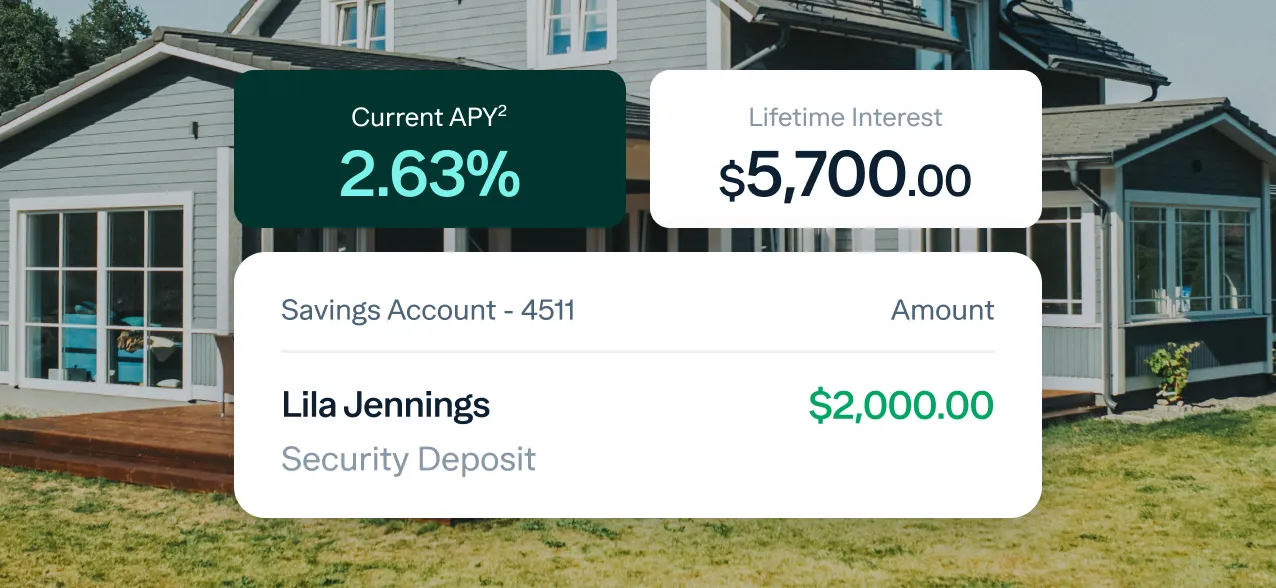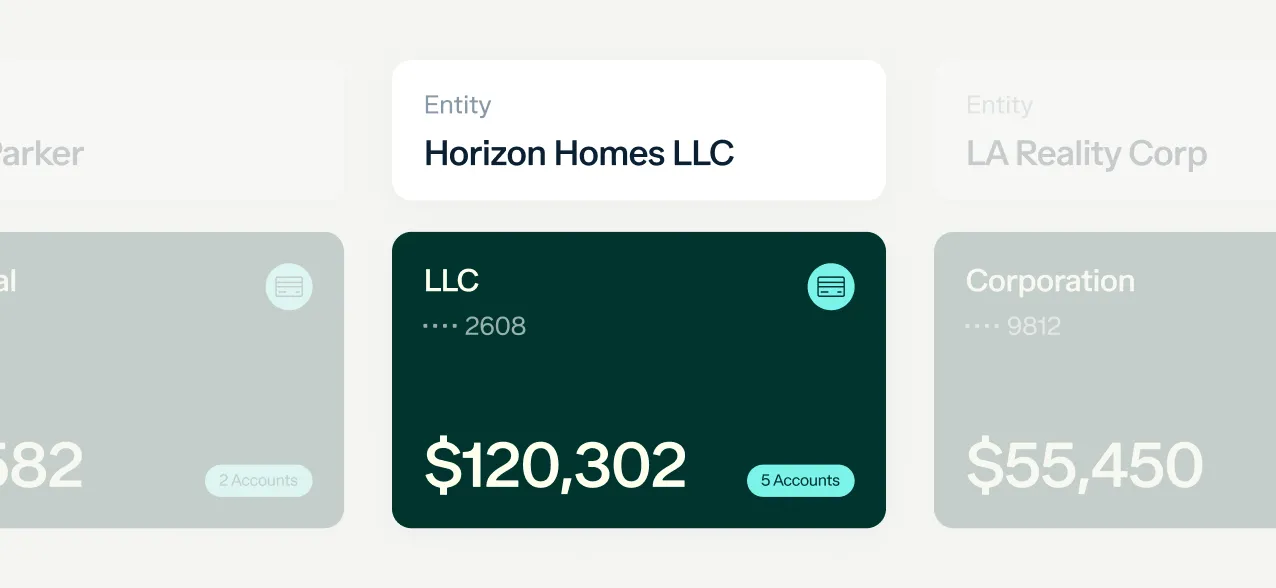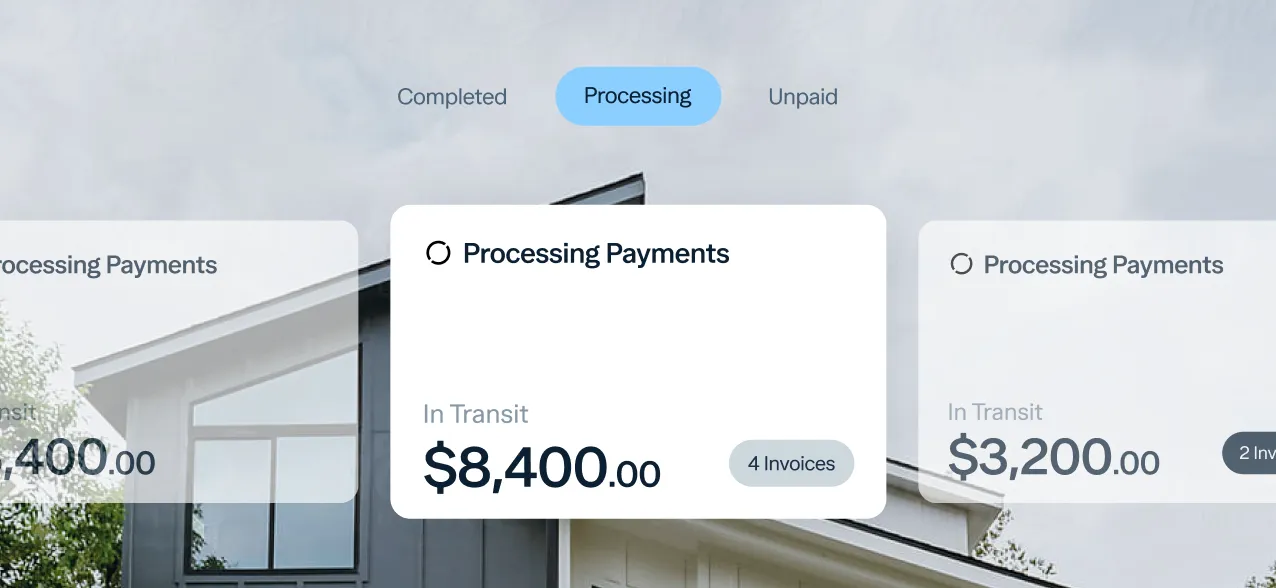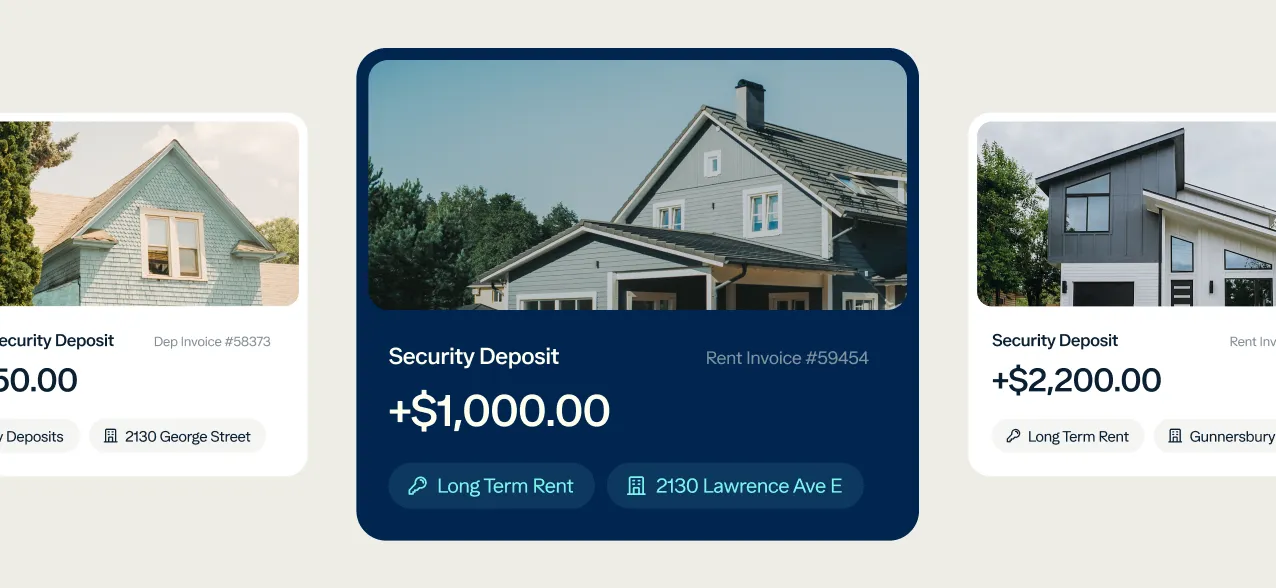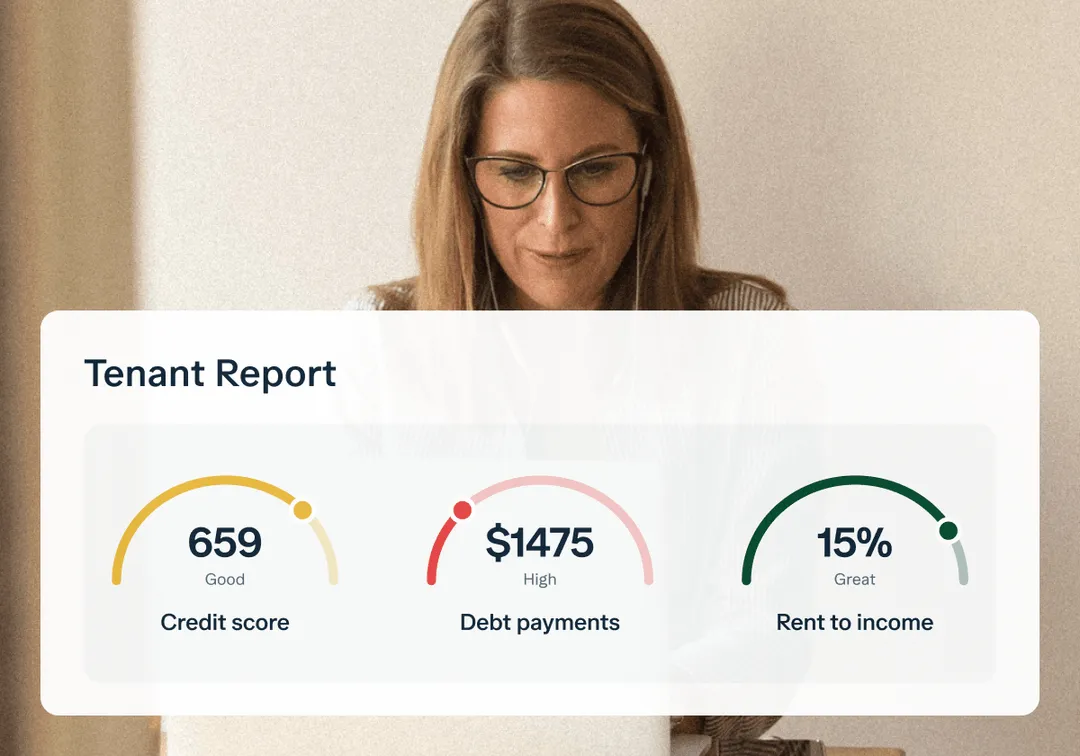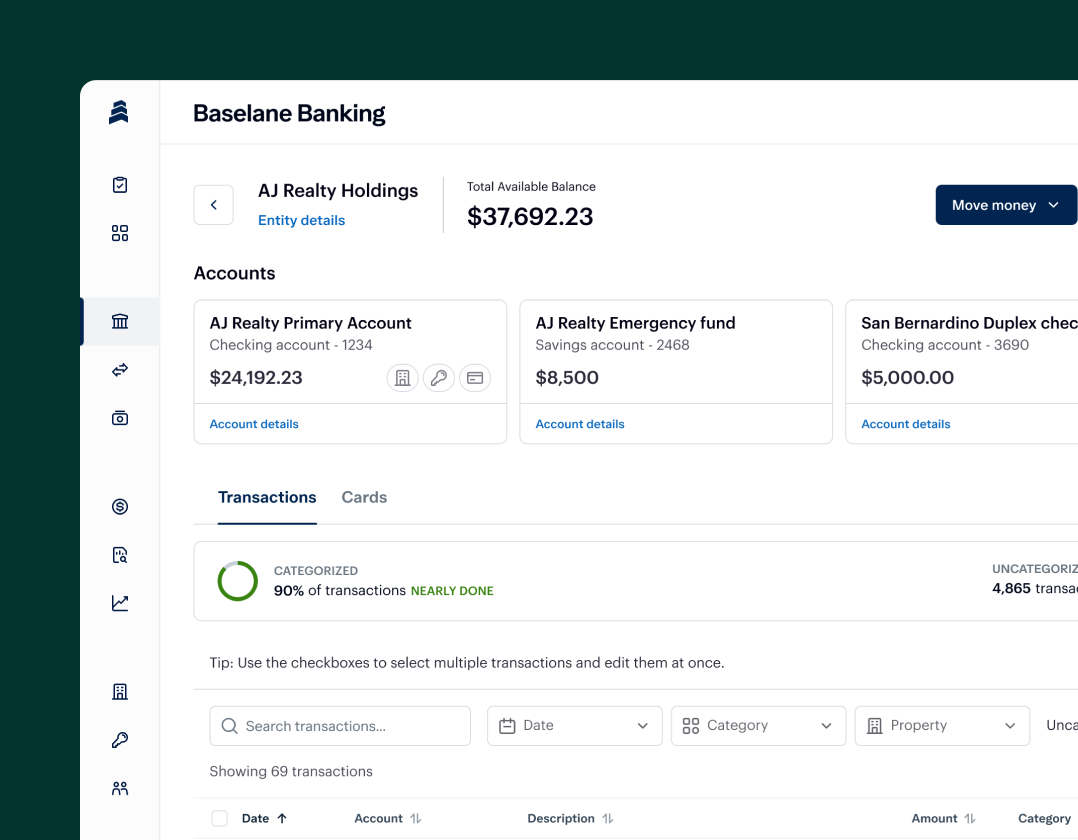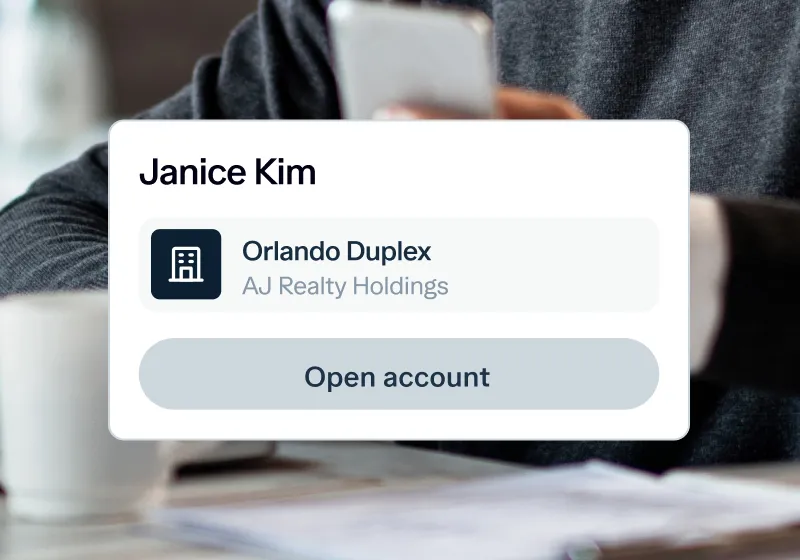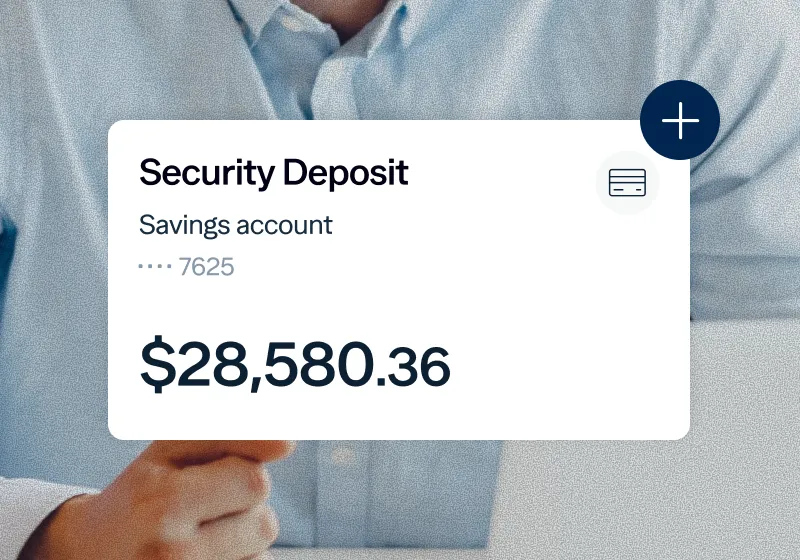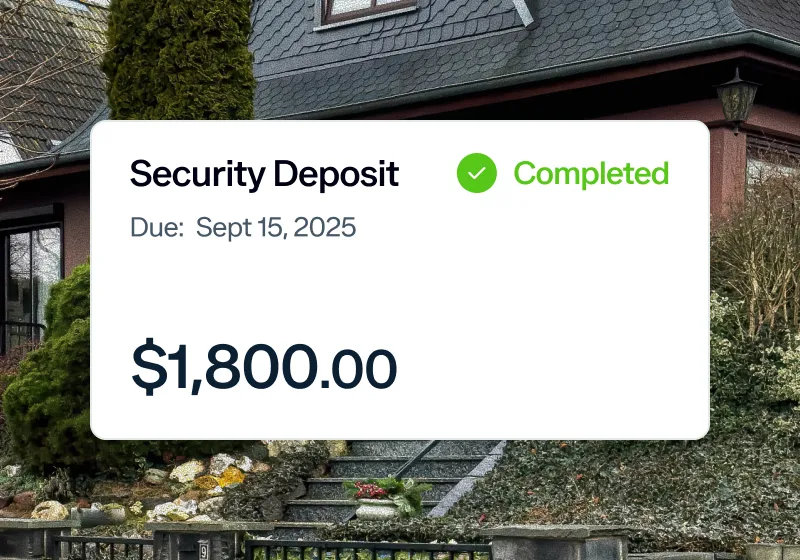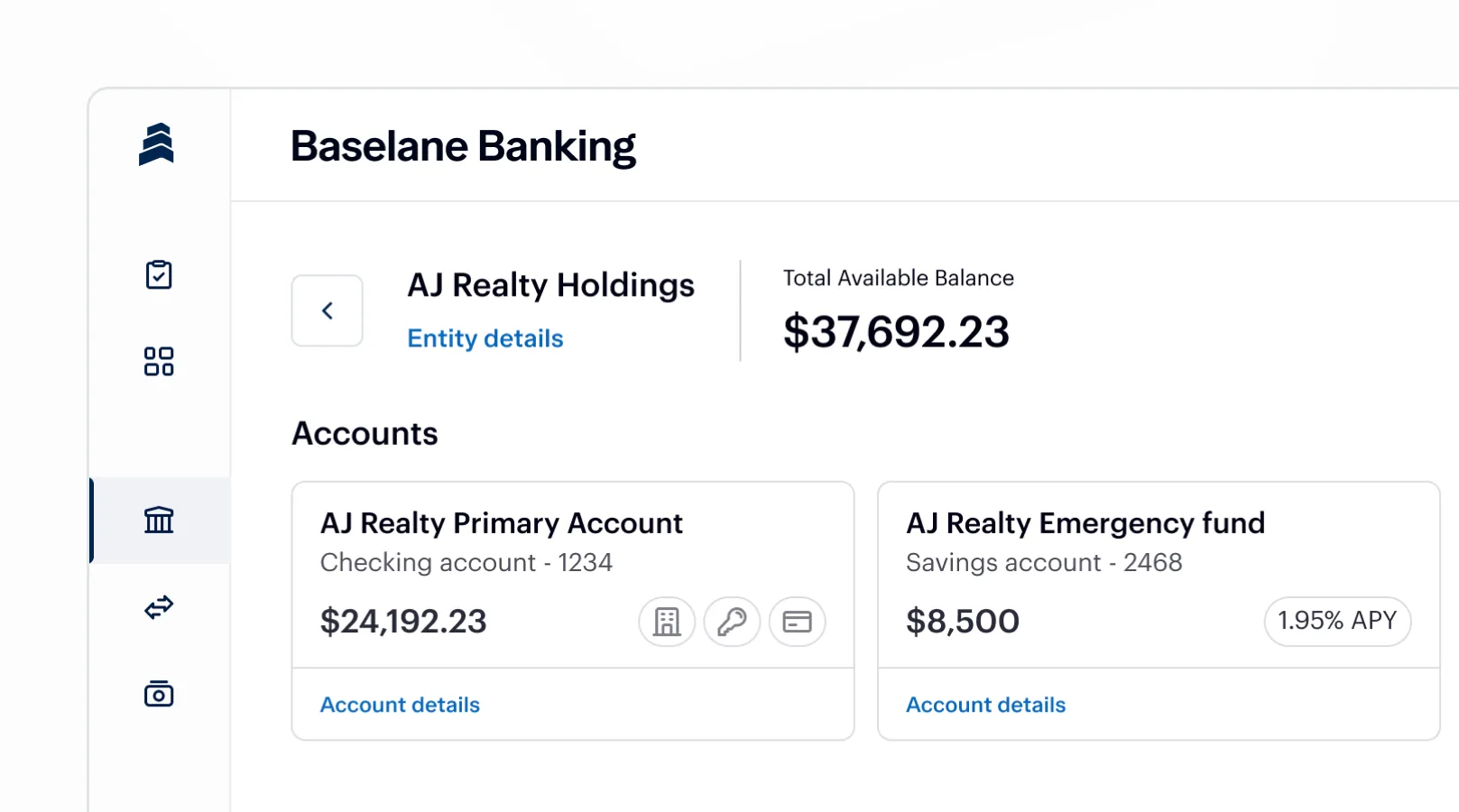In Connecticut, landlords may charge up to two months’ rent as a security deposit from tenants under 62 years old, and one month’s rent from tenants who are 62 or older. The deposit must be returned with any accrued interest within 30 days after the tenancy ends, or within 15 days of receiving the tenant’s new address, whichever is later.
Security deposit rules in {{ state }}
Limit: In Connecticut, landlords may collect a tenant security deposit of up to two months’ rent from tenants under the age of 62, and up to one month’s rent from tenants who are 62 years or older. The tenant deposit amount must be clearly stated in the lease agreement before occupancy. Keeping funds in a security deposit bank account in Connecticut ensures compliance and proper management of tenant funds.
Return Deadline: The landlord must return the tenant security deposit, including any accrued interest, within 30 days after the tenant vacates the property or within 15 days of receiving the tenant’s forwarding address—whichever is later. If the landlord fails to return the deposit or provide a written explanation of deductions within this period, they may be liable for twice the amount wrongfully withheld.
Acceptable Deductions: Landlords may deduct unpaid rent, late fees, and the cost of repairing damages beyond normal wear and tear. Cleaning or restoration costs that return the property to move-in condition may also be deducted if reasonable and properly documented. An itemized list of all deductions must be provided to the tenant.
Where to Deposit: Connecticut law requires landlords to place all tenant deposits in a separate, interest-bearing account at a financial institution located in the state. Tenants must receive written notice within 30 days of the account’s name and address. The security deposit escrow account in Connecticut must remain separate from the landlord’s personal and business funds, and the security deposit interest rate is set annually by the Connecticut Banking Commissioner. Holding funds in a landlord tenant security deposit bank account in Connecticut ensures compliance and transparency under state law.
